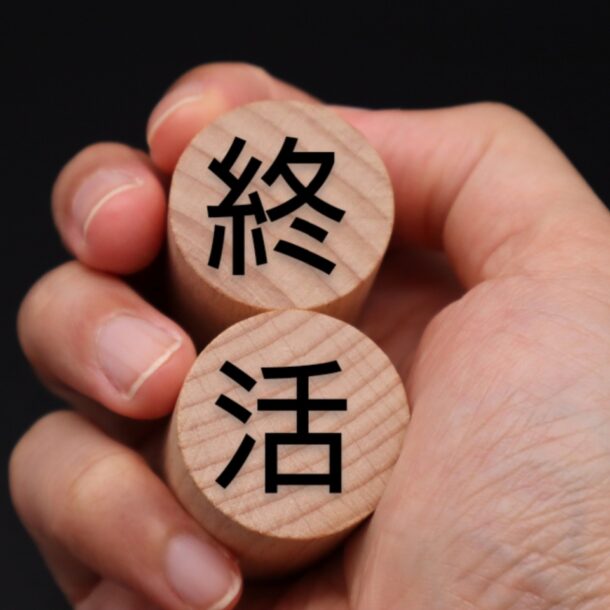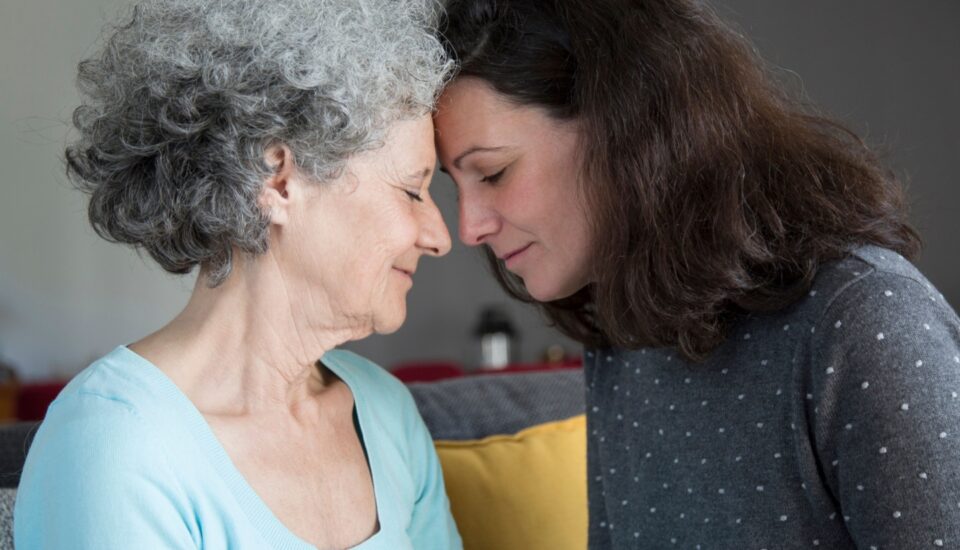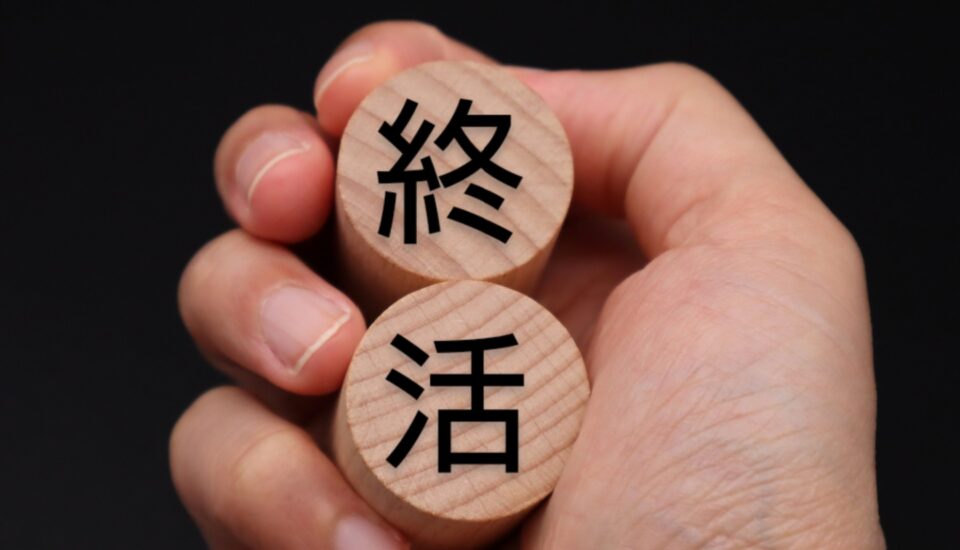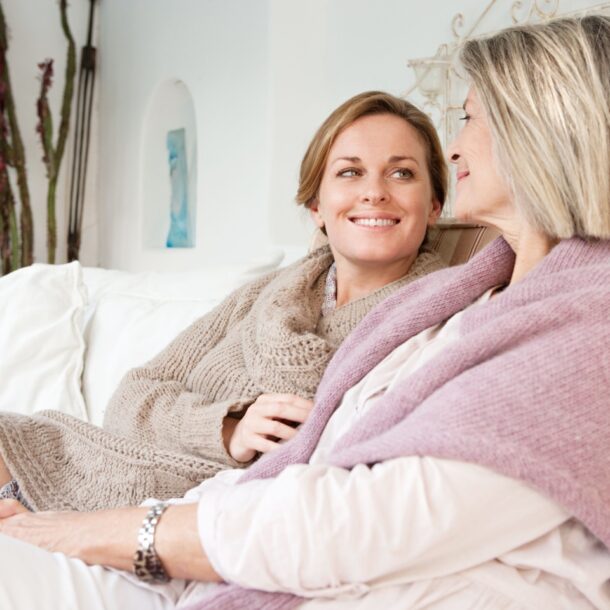
Embracing Death: Why Planning for the End is a Healthy Way to Live
In our society, death is often viewed as a taboo topic, something to be avoided or feared. At best, we might be comfortable with financial planning for retirement and estate planning. However, as a death-positive end-of-life doula, I believe that planning for death can actually be a healthy way to live. Far from morbid, this approach encourages individuals to embrace the reality of their mortality and make intentional choices about how they want to live until the end. In this blog, we’ll explore the myriad reasons why planning for death is not only beneficial for individuals but also for their loved ones and the wider community.
Embracing Control and Reducing Anxiety
One of the primary reasons why planning for death is so important is that it allows individuals to reclaim a sense of control over their lives. The fear of the unknown can be a powerful source of anxiety for many people, especially when it comes to something as profound as death. By engaging in advance planning, individuals can alleviate some of this anxiety by gaining a sense of agency and understanding about what will happen during their end-of-life process.
Empowerment Through Decision-Making
Planning for death empowers individuals to make decisions about their end-of-life care, funeral arrangements, and legacy wishes. This empowerment can lead to greater autonomy and peace of mind. Rather than leaving these decisions to chance or to their loved ones, individuals can take charge of their own destiny and ensure that their wishes are carried out according to their own values and beliefs.
Relieving Burden on Loved Ones
When individuals plan for their death, they relieve their loved ones of the burden of making difficult decisions on their behalf during a time of grief and emotional distress. This can prevent conflicts and ensure that the individual’s wishes are respected. By clearly articulating their preferences in advance, individuals spare their loved ones the anguish of having to guess what they would have wanted.
Ensuring Personal Values are Honored
Their unique values and beliefs shape each person’s journey through life. Planning for death allows individuals to ensure that these values are honored throughout the dying process and in the arrangements that follow. Whether it’s a desire for a simple, eco-friendly burial or a wish to have a traditional religious ceremony, advance planning ensures these preferences are respected and upheld.
Facilitating Meaningful Conversations
Engaging in discussions about death and end-of-life planning can foster meaningful conversations with loved ones. These conversations can strengthen relationships, deepen understanding, and provide an opportunity for reflection and closure. By openly discussing their wishes and desires with their loved ones, individuals can create space for healing and connection during a difficult time.
Creating a Lasting Legacy
Planning for death offers individuals the opportunity to leave behind a meaningful legacy. This may involve documenting memories, passing on wisdom, or expressing final wishes that reflect their values and experiences. By actively shaping the way they will be remembered, individuals can ensure that their legacy lives on in the hearts and minds of those they leave behind.
Reducing Financial Stress
Individuals can alleviate financial stress for themselves and their loved ones by making arrangements for end-of-life expenses in advance. This may include purchasing life insurance, setting aside funds for funeral expenses, or making arrangements for estate planning. By taking care of these practical matters ahead of time, individuals can ensure that their loved ones are not burdened with financial worries during an already challenging time.
In conclusion, planning for death is not about dwelling on the negative or tempting fate. Instead, it is a proactive and empowering approach to life that acknowledges the reality of our mortality. By embracing death and making intentional choices about how we want to live until the end, we can cultivate a greater sense of peace, control, and connection with ourselves and our loved ones. As a death-positive end-of-life doula, I encourage everyone to start these critical conversations and begin the journey of planning for the end, for it is truly a healthy way to live.
Related Articles
234 Olivine Circle
Townsend, DE 19734




